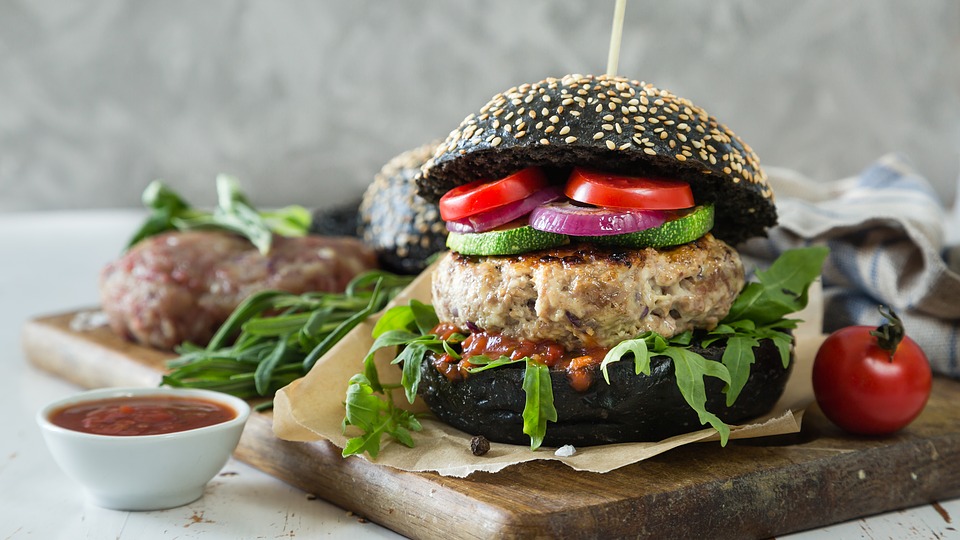The market for plant-based protein is expected to increase significantly in the next few years because of the growing consumer interest in meat alternatives. Having recognized this trend, the Farm Animal Investment Risk and Return (FAIRR) Initiative has released a report that urges major meat companies to diversify their product portfolios with plant-based proteins.
“This report shows that alternative proteins are rapidly going mainstream. From meatpackers to supermarket stackers the global food sector is rapidly taking notice of plant-based alternatives to animal protein products, and that is driving eight percent annual growth in the alternative proteins market,” stated Jeremy Coller, Founder of FAIRR Initiative and CIO of Coller Capital in the report.
FAIRR’s report, titled Plant-Based Profits, was funded by 57 investors and it assessed 16 major food manufacturers on their business strategies and how some of them are investing in this growing segment.
Three key strategies that companies are using to get a hand in the plant-based protein market are acquisitions, venture investments and product development and R&D. Recent acquisitions mentioned include Danone’s $12.5 billion acquisition of plant-based food and beverage manufacturer WhiteWave, Campbell’s Soup’s $700 million acquisition of plant-based milk producer Pacific Foods and Pinnacle’s $158 million purchase of meat-alternative foods company Gardein. According to the report, venture investments such as Tyson Ventures’ five percent stake in Beyond Meats can also help major players in the meat industry scale up their businesses through disruptive start-ups. In addition, companies who are investing in developing their own range of plant-based protein products like Kroger, Whole Foods and Trader Joe’s are experiencing rapid growth in this category.
In addition, FAIRR mentioned some plant-based protein companies that are finding success with their meat alternative products and methods. Impossible Foods was identified as the highest funded meat-alternative company with $258 million in disclosed financing since it was founded. Beyond Meat is the second highest funded with $58 million disclosed. Other companies are on their way to significant returns with their advanced production methods such as fermentation (brewing animal proteins like casein and whey with yeast) and cell culturing.
The investor group also linked the environmental impact of meat production to why companies should invest in plant-based protein manufacturing. They identified intensive livestock farming to be a major cause of gas emissions, climate change, deforestation, water waste and pollution. According to report, if the production and consumption of livestock increases, agricultural emissions will take up the world’s carbon budget by 2050. Intensive livestock farming can also affect the health of people living around these facilities.
“Communities next to livestock farms frequently report higher rates of nausea, increases in blood pressure, and respiratory issues such as wheezing and increased asthma symptoms among children (The Guardian 2017a). These issues have led to community protests opposing the construction of new industrial farms and processing facilities by companies such as Tyson and Costco,” was written in the report.
Antimicrobial use in animals used for meat production is also a factor to take into consideration. As the largest consumer of antibiotics globally, the food industry plays a major role in antibiotic resistance in people. According to FAIRR’s report, about 131,000 tonnes of antibiotics were used on meat animals worldwide in 2013. Countries such as India, China and the US are estimated to increase their antibiotic use by 82 percent, 59 percent and 22 percent respectively by 2030. This section of the report was concluded by a chart highlighting 28 environmental, social and governance issues linked to livestock production including disease outbreaks, biodiversity loss, social backlash and sustainability disclosure.
With more consumers transitioning their diets to include more plant-based protein sources, this segment is forecasted to make up a third of the protein market by 2050, according to the report.
“The strong and persistent drivers supporting the current growth of alternative proteins will continue over the next five years at least. Alternative proteins have the potential to capture a material share of animal protein demand growth in the EU and capture more market share in the US and Canada,” said Justin Sherrard, Global Strategist of Animal Protein at Rabobank in the report.












Join or login to leave a comment
JOIN LOGIN